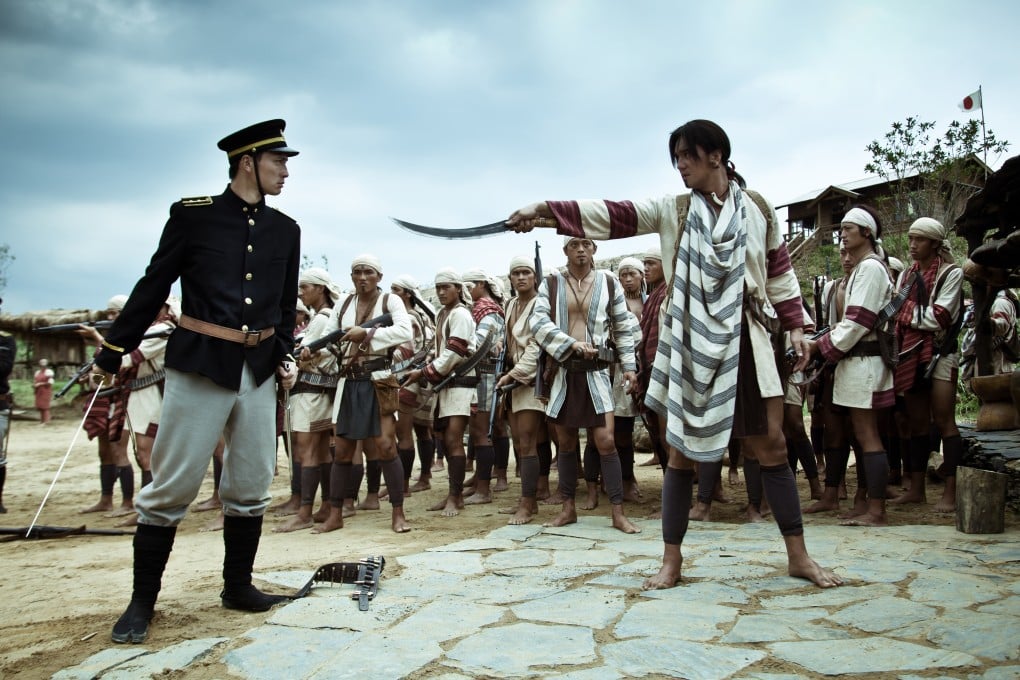

Based on one of the bloodiest incidents in Taiwan's recent history - in which a mutinous indigenous tribe was wiped out by the Japanese colonial army and their proxy in 1930 - the Warriors of the Rainbow: Seediq Bale diptych is, with a budget of HK$150 million, the most expensive Taiwanese film ever made.
Unfortunately, director Wei Te-sheng's Seediq Bale I is a bloated piece of filmmaking that dehumanises and decontextualises what is a captivating and moving story that inspired this cinematic exercise.
Having travelled the film-festival circuit in a truncated 2 1/2-hour version, Seediq Bale has since been released in Taiwan as Wei envisioned - as two instalments, each well over two hours long. The opening sequence of the first part, released in Hong Kong today with the second part following in a fortnight's time, gives viewers ample illustration of the full-fledged Seediq Bale's tone and texture: in a prologue set sometime in the 1890s in a picturesque river valley, the young Seediq warrior Mona Rudao (Yuki Daki, known also by his Chinese name of Yu Da-cheng) is seen tracking, fighting, killing and beheading an enemy in full gory glory. And is later seen receiving a hero's welcome at home and bestowed the honour of having finally become a 'real man' (as the Seediq-language title translates as).
Brutal to the core, this opening salvo provides a non-judgmental overview of the aboriginal tribes' violent rituals wrought in detail and rendered as 'real' as a filmmaker could.
Mona Rudao is quickly put into contrast in the subsequent scene, in which fumbling Qing dynasty officials are seen signing away the sovereignty of Taiwan to scheming Japanese officials, who are then seen discussing enthusiastically among themselves about how they should exploit the 'infinite treasures' of the island's rural hinterlands. With this juxtaposition of chivalry against cynicism, Wei lays the groundwork of what is to follow, pitching the valiant homestead-defending tribesmen against the cunning colonial intruders seeking to pacify their newfound realm with guns and liquor.